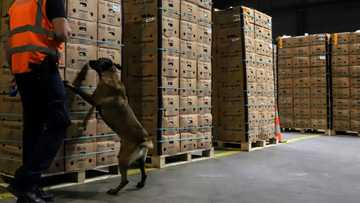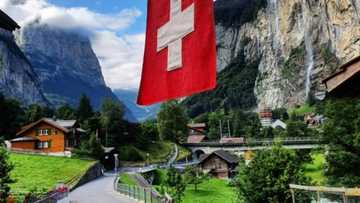35 interesting facts about Cuba to encourage your wanderlust
What are some interesting facts about Cuba? Cuba is one of the 30 states of the Caribbean region, and it is located where the northern Caribbean Sea, the Gulf of Mexico, and the Atlantic Ocean meet. It is on the North American continent, and its capital city is Havana.
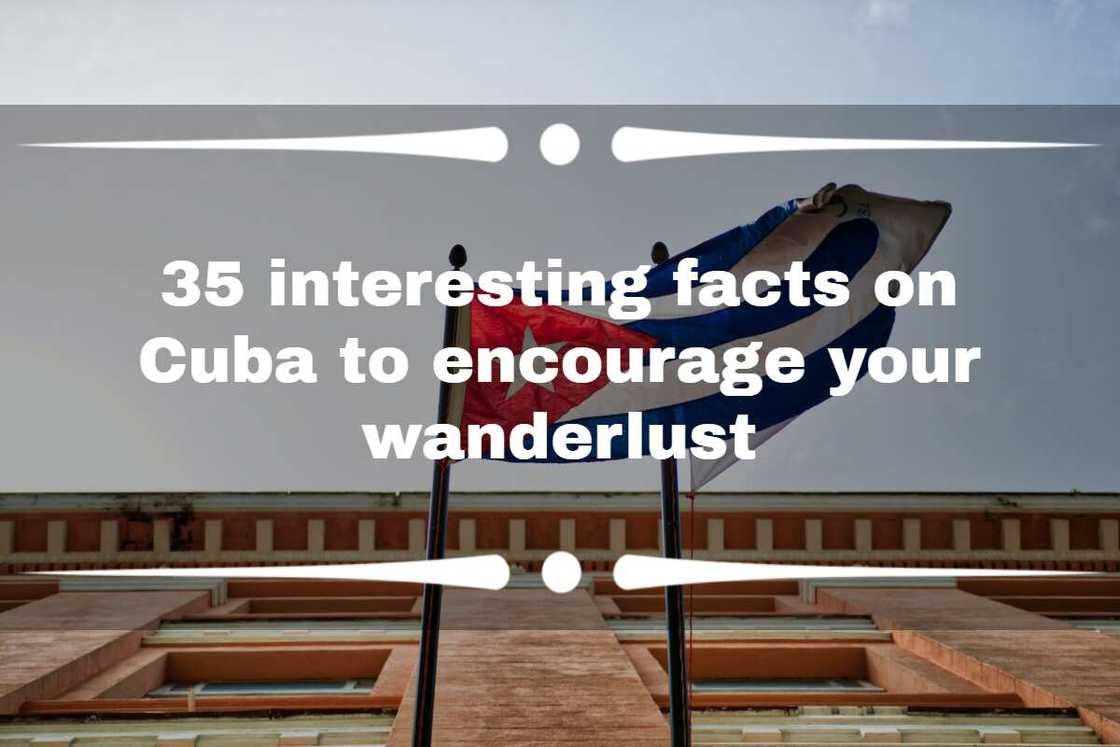
Source: UGC
Cuba is one of the world's leading tourist destinations, with some of the best beaches and resorts. However, besides tourism, other things make it a unique place on earth. Learn the interesting facts about Cuba that would motivate you to travel there.
35 interesting facts about Cuba
Since 1492, many things have been discovered, and a lot has happened in Cuba. If you are yearning to increase your knowledge about the country, here are interesting yet surprising facts you ought to know.
Amazing Cuba facts for kids
If your child happens to have spotted Cuba on a map, you should be prepared to answer a series of questions they will pose. You should know some fun facts about Cuba to quench their curiosity.
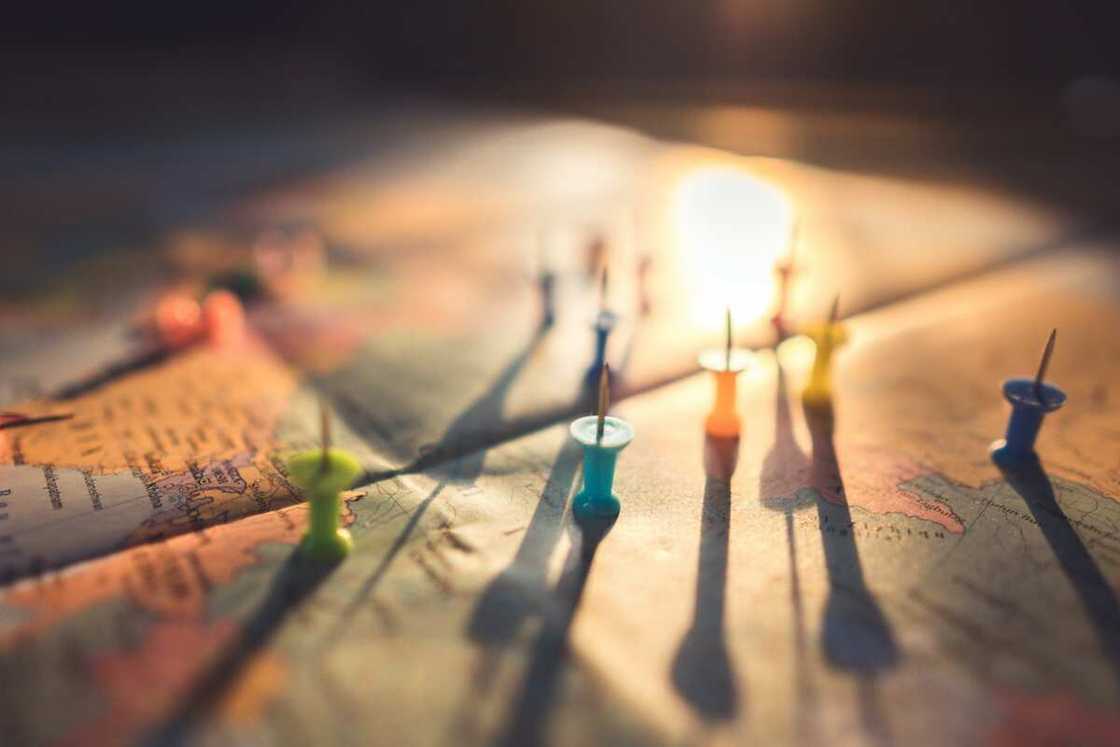
Source: UGC
- High literacy level — A high proportion of the Cuban population can read and write at 15. The high literacy rate can be attributed to the free education offered by the government at all levels.
- It had two official currencies — It started operating a dual currency system in 1994, dividing the country into two economic regions. The system was abolished in January 2021 after approximately 25 years in operation.
- Cuba's favourite sport is baseball — Despite football being the most loved sport in the Caribbean, Cuba's favourite sport is baseball. The sport is part of their social and historical background.
- Burning of dolls on the New Year — On the New Year celebration, Cubans, especially those living in rural areas, burn dolls. The rag doll symbolises terrible things that happened during the year; by burning it, they welcome good luck in the new year.
- It has the world's most prominent ballet school — Escuela Nacional Cubana de Ballet is one of the world's largest and most prestigious ballet schools. It was founded in 1931 and can accommodate up to 3,000 students.
- Usage of mobile and telephones was restricted — For a long time, the use of mobile phones was limited to employees of foreigners and key people in the communist government. Former president Raul Castro lifted the ban in 2008, allowing anybody to own and use a phone.
- You can own a maximum of two homes — In 2011, the country passed a law allowing citizens to have a maximum of two homes. One of the homes will be a residential property, and the other being a holiday home.
- It boasts one of the best healthcare systems in the world — The healthcare system is adequately equipped regarding human resources. It has about 50 thousand medical professors, 100 thousand doctors, and 100 thousand nurses.
- The country is home to UNESCO world heritage sites — Cuba is rich in cultural and natural heritage, boasting nine UNESCO sites.
- It is a socialist nation — Cuba is one of the countries in the world that subscribe to the principles of socialism. It became a socialist state on 24 February 1976 under the communist party of Cuba.
Cuba fun facts about history and statistics
There are many fun facts to learn from the country, and here are some worth noting.
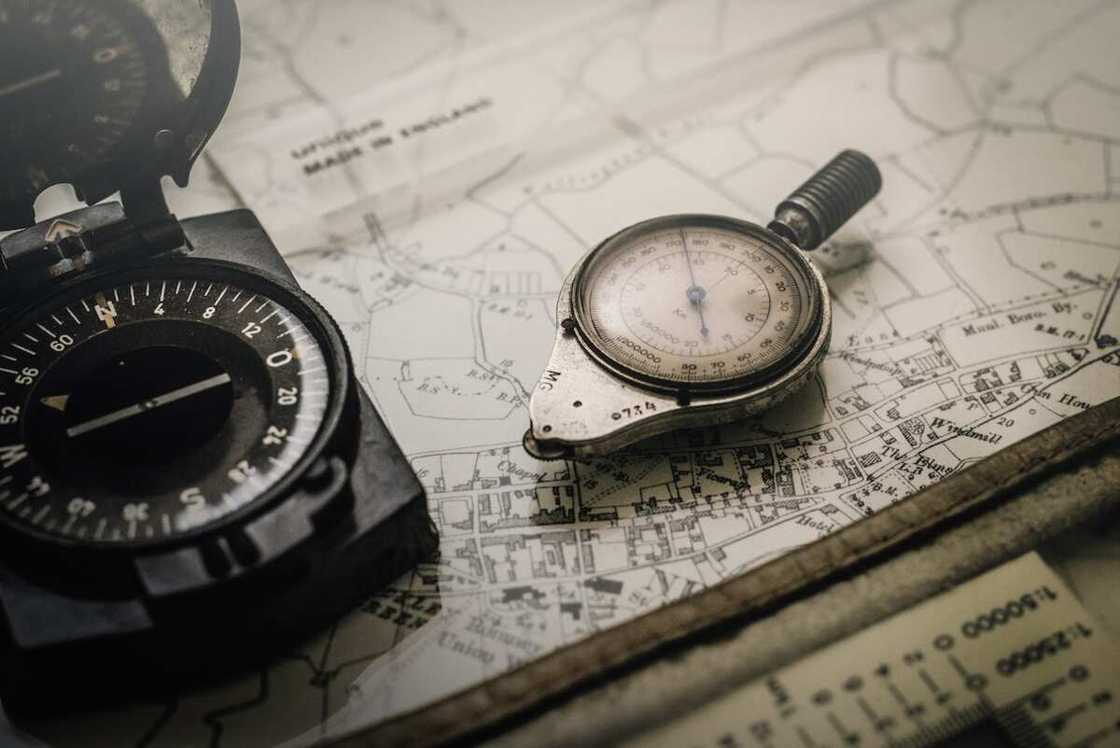
Source: UGC
- Explorer Christopher Columbus discovered it — Italian explorer Christopher Columbus discovered the existence of Cuba on 27 October 1492 and named it the island Juana.
- The highest point in the country is Pico Turquino — Pico Turquino is located in the southeast part of the island at 1,974 metres (6,476 feet) above sea level.
- It is the second most populous country in the Caribbean — The country has a population of approximately 11,326,616, representing 25.7 per cent of the Caribbean population. Haiti is the highest populated state, with 11,402,528.
- Slavery was abolished in the country in 1886 — As one of the world’s leading sugarcane producers, sugarcane farm labour was in huge demand. As a result, it participated in the slave trade until 1886, when it was officially stopped.
- The Castro brothers ruled the country for more than five decades — Former Cuban president Fidel Castro led the country between 1959 and 2008. His brother Raul Castro took over the reins of power from 2008 to 2018, ending more than five decades of the Castro brothers' rule.
- Less than ten per cent of Cubans have access to the internet — Internet access in Cuba is still low despite the availability of WIFI hotspots. Where there is the internet, the speeds are slow and may be 1MBps.
- Healthcare is free and a fundamental human right. This has led to a low infant mortality rate and high life expectancy.
- It produces one of the world’s best rums — Cuba produces sugarcane molasses and juice, the key ingredients in making rum.
- It has numerous classic cars on the roads — You will find many old cars in the country. Some may be written off, while most are still on the roads. They are classic vintage cars not easily found in other parts of the world.
- It is habitat to the smallest bird in the world — The smallest bird in the world, the Bee Hummingbird, is only found in Cuba.
- Hitch-hiking is a common way of travelling — It is common to see people hitch-hiking vehicles in Cuba. A government policy requires drivers of government vehicles to allow people to board vehicles.
- It snowed only once in Cuba — The country experiences a warm climate, and thus it is rare to experience snow. However, it snowed in the country only once on 12 March 1857.
- Manjuari is found only in the country — Manjuari, also known as Cuban gar, is a unique creature only found in the country.
- Cuba has the best quality cigars — The cigars are known worldwide for their best quality. Unlike in many parts of the world where they are a preserve for the rich, cigars are enjoyed by people across different social classes in Cuba.
- Cubans love South Korean soap operas — Most of the population in Cuba loves watching South Korean soap operas despite the cultural differences between the countries.
Random interesting facts about Cuba
How well are you versed in this Caribbean country? Perhaps there are things you know about the country, but quite a lot might have escaped your attention. These facts about Cuba might surprise you.
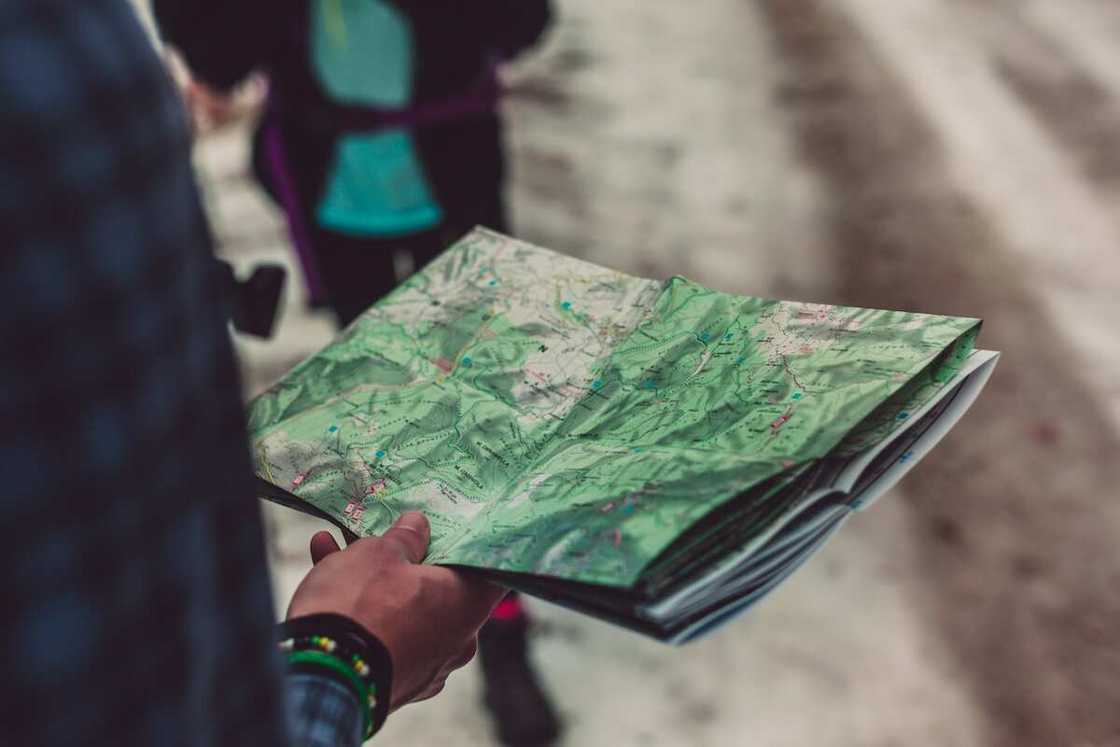
Source: UGC
- Coca-Cola is not traded in Cuba — You cannot buy or sell Coca-Cola products in Cuba due to imposed trade embargoes and sanctions since 1962.
- Crocodile-like island — An aerial picture of the Cuban island shows that it resembles an alligator hence its nickname El Cocodrilo in Spanish.
- The leading cash crop is sugarcane — The country produces about 14 metric tonnes per year.
- Voting is legally mandatory — Those who do not vote are blacklisted by the government and may not be eligible to receive certain benefits.
- 17th largest island in the world — Out of the about 900 thousand recognised islands, Cuba is the 17th largest. The island is approximately 105,806 square kilometres.
- Christmas was not a holiday until 1998 — Under the late president Fidel Castro’s tenure, there were no Christmas celebrations in the country because he did not want religious festivals.
- High doctor-to-patient ratio — The country’s doctor-to-patient ratio is 1:150. Therefore, measured against the WHO recommended ratio of 1:1000, Cuba is better placed than many countries to cater to patients.
- Supermarkets are owned and run by the government — The government regulates a significant part of the country’s economy. For example, food rationing is done through government-owned supermarkets.
- Very few hotels — Due to the scarcity of hotels, some tourists have to put up with residents in their homes.
- The average minimum wage is approximately $10 — The lowest salary a worker can be paid in a month is 225 Cuban pesos translating to about $10. It is supplemented by other benefits such as free education, medical care, and low-priced foods.
Cuba is a special and unique Caribbean country with so many amazing things. From its history, diverse cultures, and wildlife to the economy, there are numerous interesting facts about Cuba you probably did not know. If you do not mind, share the facts with your adventurous friends who’d love to explore new places.
READ ALSO: 12 traditional dances in Nigeria and their meanings explained
Legit.ng recently published traditional Nigerian dances and their meanings. Dance is part and parcel of many African cultures, and Nigerians are not exceptional. There are different dances for every occasion.
There are many types of dances in Nigerian culture. They can be for entertainment, worshipping, war, marriage, or circumcision. Learn about the different Nigerian dances and what they mean in society.
Source: Legit.ng

